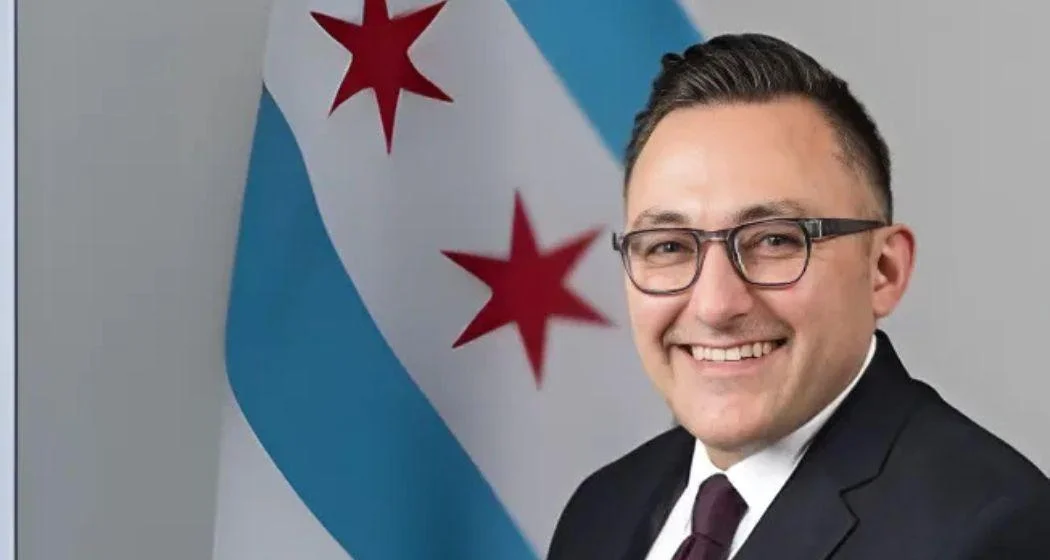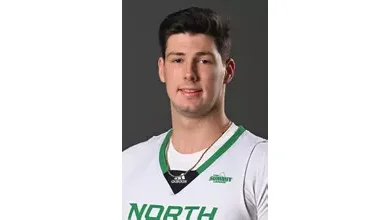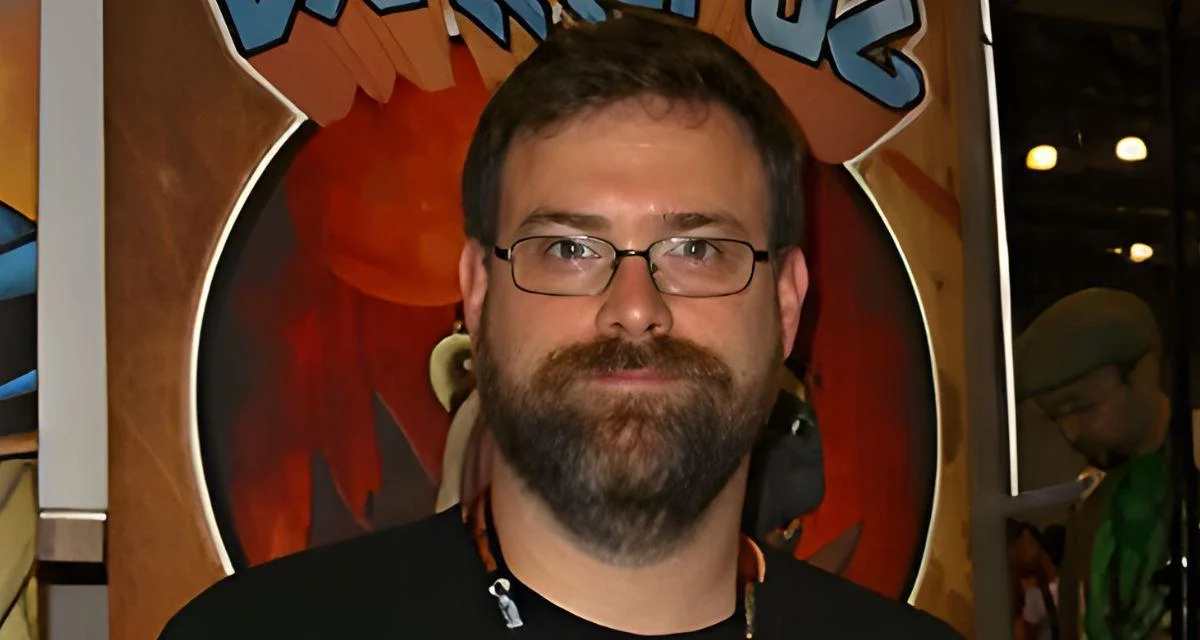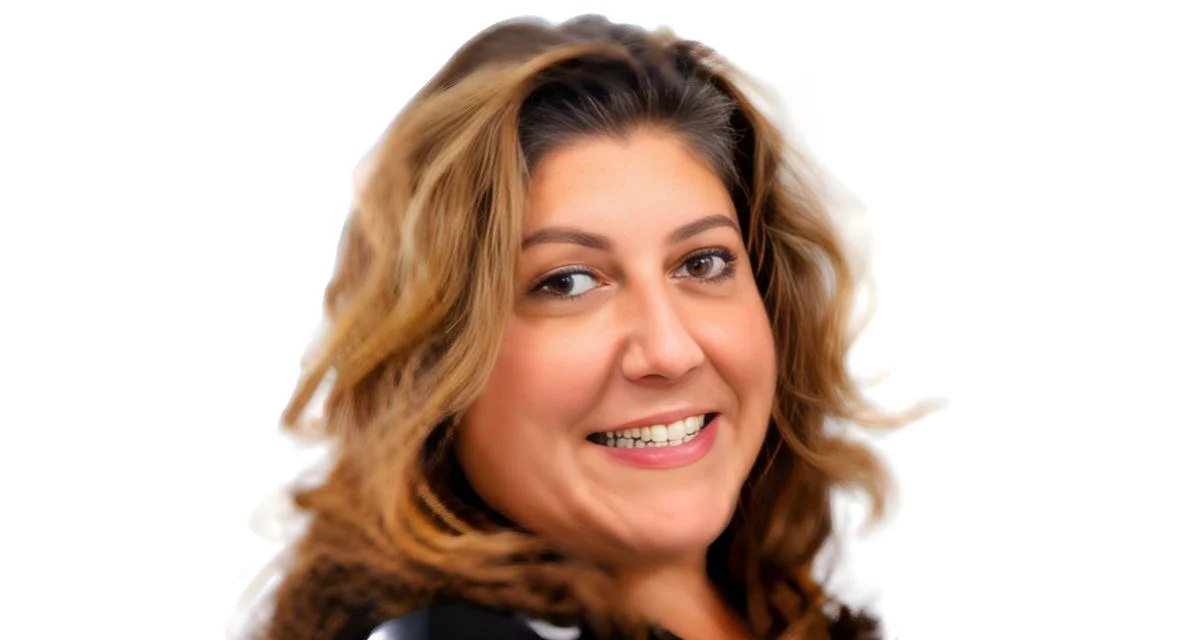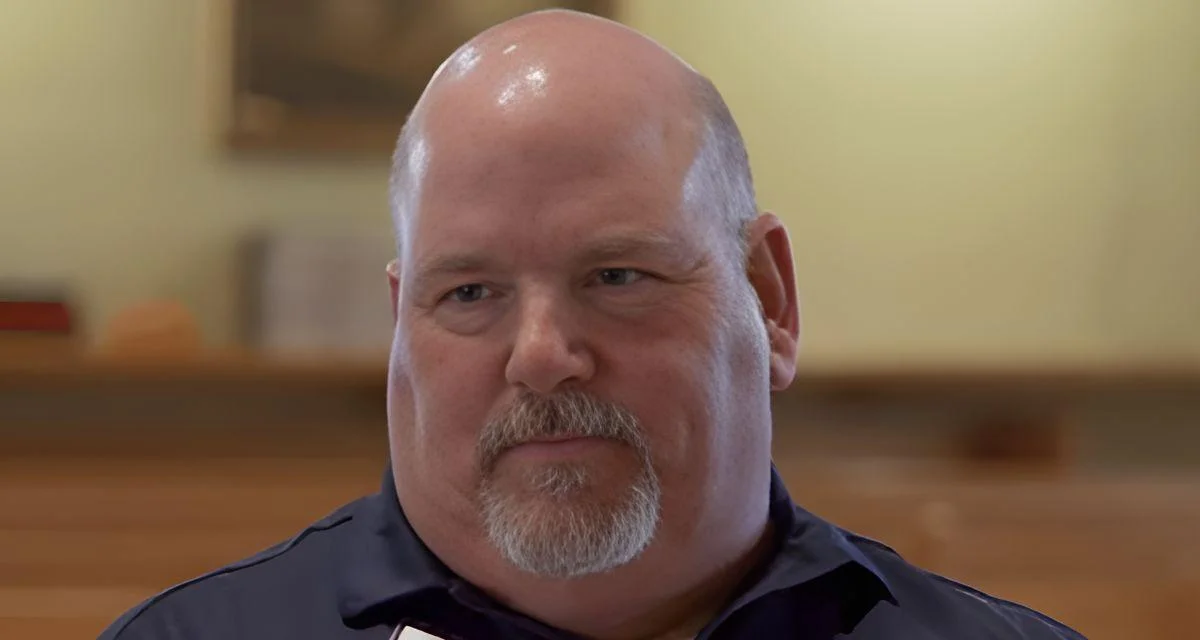Over the past forty years, there have been advances in HIV/AIDS prevention and treatment in the United States. According to the Centers for Disease Control, since the virus was first reported in June 1981, efforts such as awareness campaigns, testing, early detection, and antiviral drugs have contributed to a 12% decrease in new cases from 2018 to 2022.
However, recent federal funding cuts are causing concern among advocates and faith leaders who say these reductions threaten access to life-saving medication for vulnerable populations. “We are going backwards,” said the Rev. Carmarion D. Anderson-Harvey, Minister of Congregational Leadership (FAITH Info) at the United Church of Christ’s National Ministries. “The loss of funding puts underserved populations at risk, many of whom rely on Medicaid due to limited income, and who won’t be able to get medication.”
Anderson-Harvey emphasized that HIV/AIDS remains a significant issue in Southern states, particularly among Black and Latino communities and people aged 13-24. She noted her personal connection to the region: “Data shows that our black and brown siblings are still at high risk in the South, as are those aged 13-24,” she said.
A former Alabama state director with the Human Rights Campaign and an advocate for transgender rights, Anderson-Harvey pointed out that stigma continues to drive infection rates higher. “HIV/AIDS is something that was rarely spoken about in the deep South. We need to reduce the stigma and engage in conversation,” she said. She also called on churches to address HIV/AIDS openly: “The role of the local church is to ensure that we are being a spiritual support for all people. That means we need to continue talking about preventing the infection, finding ways to open the conversation in worship, perhaps during prayer and sermons. If we lift concerns such as heart disease and breast cancer, why not HIV/AIDS?”
For faith leaders uncertain about how to start these conversations, Anderson-Harvey advised seeking outside partnerships: “Find an organization to partner with and get resources to offer the congregation,” she said. She also encouraged Southern pastors especially to pursue professional development related to HIV/AIDS advocacy.
Anderson-Harvey expressed confidence that faith communities can play a key role in advancing HIV/AIDS prevention efforts: “Houses of faith can — and will — have a powerful impact when it comes to ensuring the continuation of great strides in HIV/AIDS prevention and treatment.”
On September 3rd, Anderson-Harvey joined Rev. Bentley deBardelaben-Phillips—Minister and Team Leader of Education for Faithful Action and Transitional Executive of UCC’s Love of Church—at the United States Conference on HIV/AIDS (USCHA) Interfaith Preconference hosted by the U.S. HIV & AIDS Faith Coalition. USCHA is recognized as one of the largest gatherings focused on community response, policy-making, healthcare provision, and advocacy around HIV/AIDS issues nationwide.
The interfaith preconference has served for ten years as a space for faith-based dialogue on topics such as this year’s theme: “Healing, Hope & Human Rights: Strengthening Faith-Based Responses to HIV & Aging.”
The United Church of Christ has been active on this issue since passing a General Synod resolution supporting care and research funding in 1983; it later established its own network—the UCC HIV and AIDS Network (UCAN)—in 1989.
Additional information about available resources from UCC can be found online through their official channels. Tools like an HIV/AIDS funding tracker or an interactive map help visualize how different communities across America are affected by this ongoing epidemic.
 Alerts Sign-up
Alerts Sign-up
